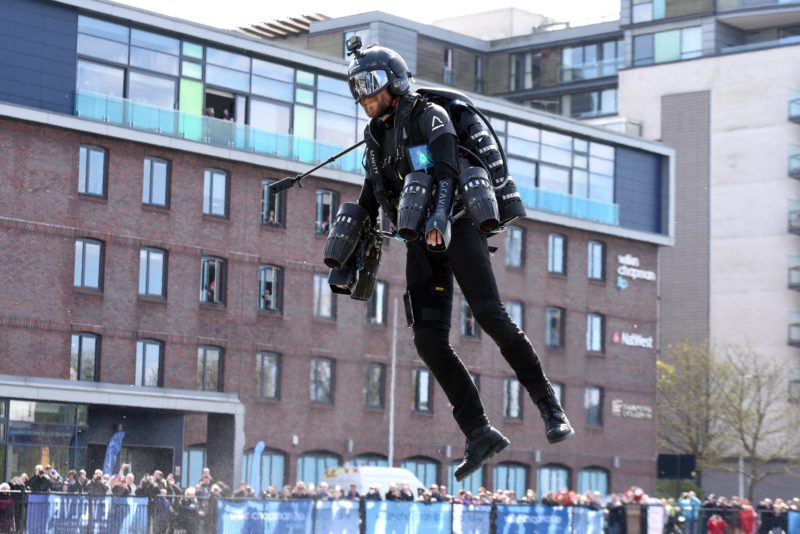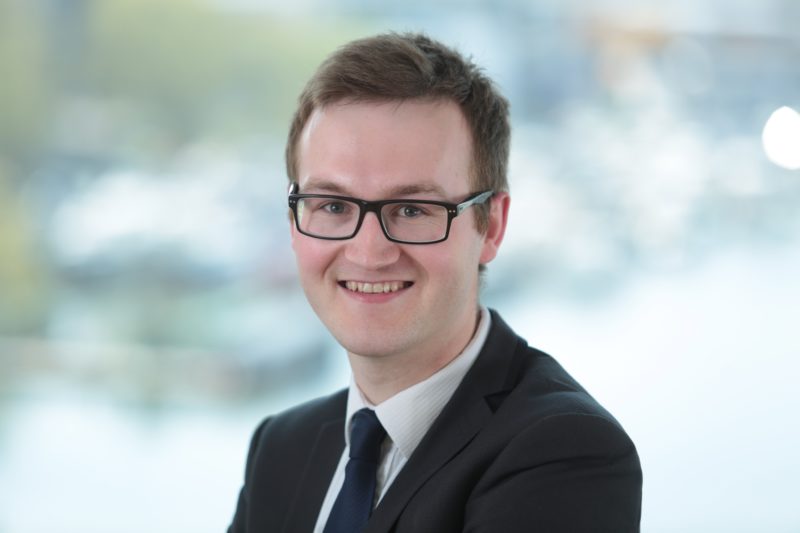Earth Day 2025
Earth day is a global event which aims to highlight the importance of protecting the environment, first set up in 1970. This ...
Read MoreHuman jet-powered flight is the latest high-tech innovation that could revolutionise health care, improving diagnosis and the speed of treatment for patients.
That’s the view of Lincoln-based medical negligence legal specialist Jonathan Baker at Wilkin Chapman, who was reflecting on the news this week of a jet-powered ‘paramedic’ trial in the Lake District.
Gravity Industries’ founder Richard Browning used his revolutionary Ironman suit to fly over the hills – simulating what could happen if paramedics were to use the technology to reach stranded casualties. The exercise came after year-long talks between the Great North air ambulance service and Gravity Industries.
Just last year, thousands of people lined the banks of Brayford Pool in Lincoln to watch Gravity’s awesome human flight display, which marked the opening of the expanded premises of Jonathan’s employers Wilkin Chapman solicitors.
Jonathan, a partner at the Brayford Wharf East firm, said it was obvious to anyone seeing last year’s display of the huge potential of jet-powered flight if it could be made widely available and affordable.

A snapshot of last year’s Gravity’s human flight display over Lincoln’s Brayford
“We have already read about trials of medical delivery drones, and we now see the possibilities that exist for human flights to search for and reach, inaccessible patients. Whilst we may be years away from this becoming a familiar sight, it proves the huge potential is there,” commented Jonathan.
Video consultations had also come to the fore in the last few months with growing numbers of health care professionals using smartphones, tablets, or computers to speak to patients, said Jonathan.
“Lockdown and the on-going pandemic has seen technology pushed to the fore and nowhere more so than within the medical profession. Whilst it can have its limitation, it is proven how it can save time and money whilst being safer for all concerned. It is evident just how technology is shaping the way medical treatment works,” he added.
Easier access to medical support with digitalised systems, the use of social media, and IT’s help in quicker diagnosis and in predicting disease outbreaks will continue to push the medical boundaries, said Jonathan.
“In the work that we do, particularly in cases where there is damage to the head or brain, every minute can be critical for the patient’s outcome. With the improvement in technology, in whatever form, it is hoped that more patients can access the best treatment sooner, as generally the earlier something is identified and treated, the better the outcome is.
“Whilst there will be limitations to not seeing someone in person, the pandemic has identified how technology can work for us, in particular giving more people greater access to medical treatment, advice and care,” added Jonathan.

Jonathan Baker
Earth day is a global event which aims to highlight the importance of protecting the environment, first set up in 1970. This ...
Read MoreWe are excited to announce that the Lincolnshire Chamber of Commerce has officially launched the process to select our Charit...
Read MoreLog into your account
If you have difficulty logging in, please reset your password. If you continue to experience issues, please email marketing@lincs-chamber.co.uk
